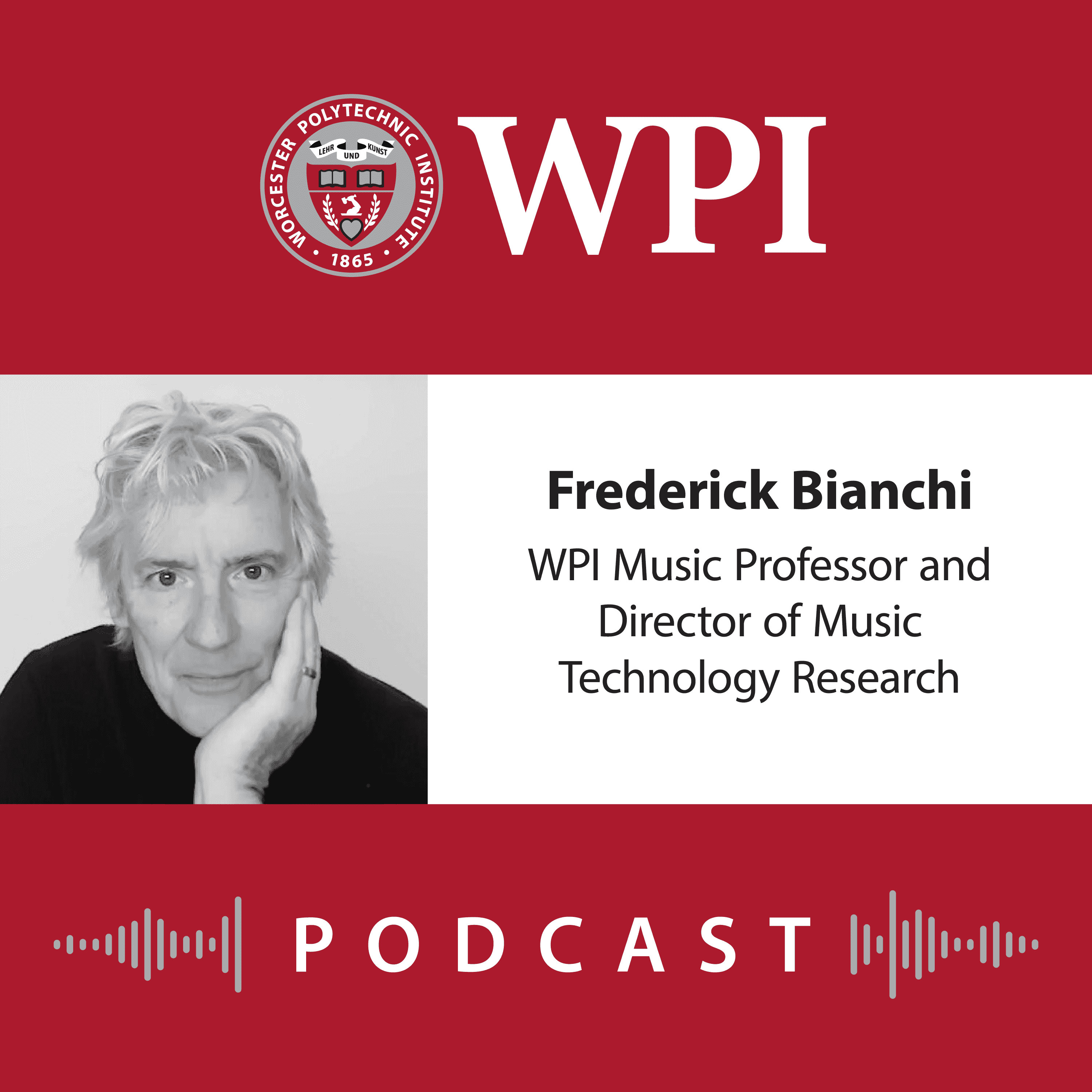
In this episode, we sit down with WPI’s Athletic Director to explore what it really means to be a student-athlete at one of the nation’s top STEM universities. With college sports making headlines nationwide, we take a closer look at the Division III experience at WPI — where academics come first, teamwork is essential, and the lessons learned on the field connect directly to WPI’s project-based learning approach.
We talk about balance, motivation, competition, community, and why being part of a team at WPI is about much more than winning games. It’s about collaboration, leadership, and preparing students for life after graduation.
In this episode, we sit down with WPI’s Athletic Director to explore what it really means to be a student-athlete at one of the nation’s top STEM universities. With college sports making headlines nationwide, we take a closer look at the Division III experience at WPI — where academics come first, teamwork is essential, and the lessons learned on the field connect directly to WPI’s project-based learning approach.
We talk about balance, motivation, competition, community, and why being part of a team at WPI is about much more than winning games. It’s about collaboration, leadership, and preparing students for life after graduation.

In this episode, we explore how music and technology come together in powerful and unexpected ways at Worcester Polytechnic Institute. Our guest, Professor Frederick Bianchi, is a world-renowned expert in music technology and a pioneer in virtual performance environments. He shares how WPI’s innovative programs in both music and music technology challenge traditional boundaries and prepare students to become the next generation of creative technologists. From synthesizers to AI-generated compositions, and from immersive audio to real-time performance solutions, we dive into the cutting-edge work happening at the crossroads of art and engineering. Whether you're a musician, a technologist, or just curious about how creativity and code collide, this conversation will strike a chord.
Related story mentioned in podcast: The Brain on Jazz